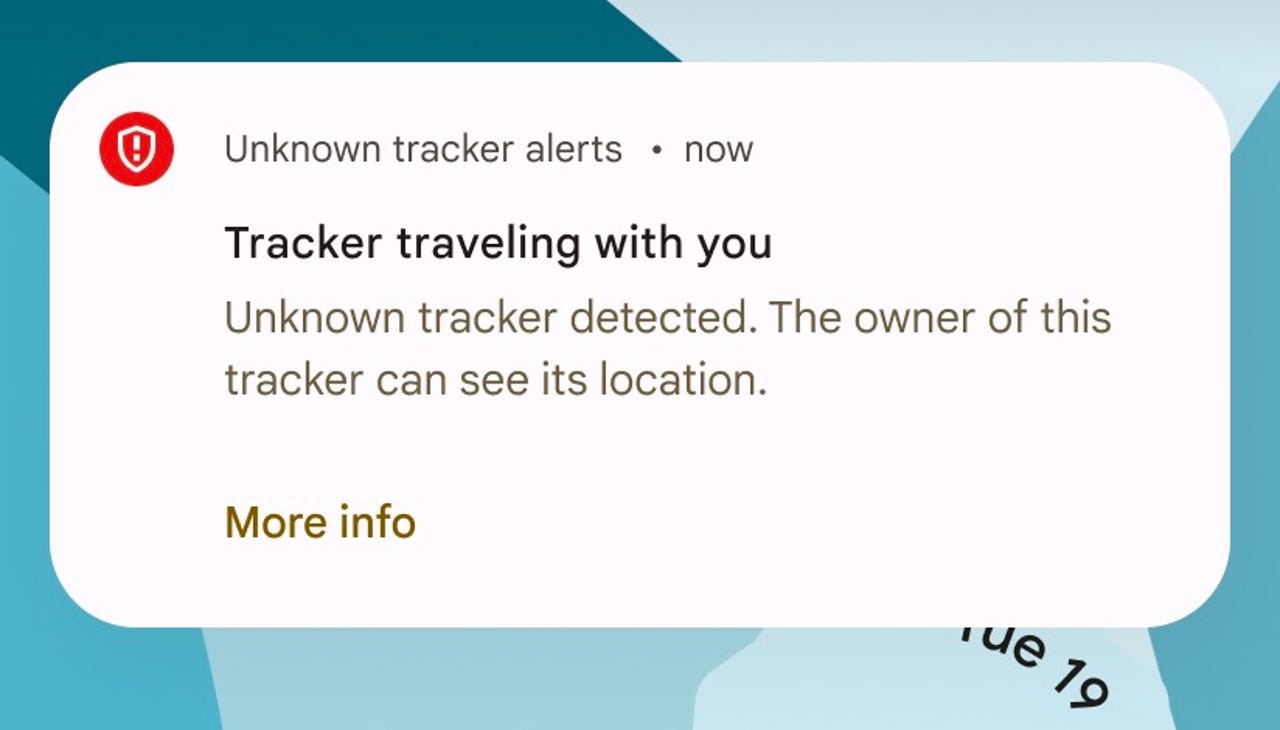'ZDNET Recommends': What exactly does it mean?
ZDNET's recommendations are based on many hours of testing, research, and comparison shopping. We gather data from the best available sources, including vendor and retailer listings as well as other relevant and independent reviews sites. And we pore over customer reviews to find out what matters to real people who already own and use the products and services we’re assessing.
When you click through from our site to a retailer and buy a product or service, we may earn affiliate commissions. This helps support our work, but does not affect what we cover or how, and it does not affect the price you pay. Neither ZDNET nor the author are compensated for these independent reviews. Indeed, we follow strict guidelines that ensure our editorial content is never influenced by advertisers.
ZDNET's editorial team writes on behalf of you, our reader. Our goal is to deliver the most accurate information and the most knowledgeable advice possible in order to help you make smarter buying decisions on tech gear and a wide array of products and services. Our editors thoroughly review and fact-check every article to ensure that our content meets the highest standards. If we have made an error or published misleading information, we will correct or clarify the article. If you see inaccuracies in our content, please report the mistake via this form.
Android's new 'unknown tracker alerts' can help warn users of rogue Apple AirTags


Following its announcement at I/O 2023, Google will begin rolling out the ability for some Android devices to detect and alert their owners if they are being tracked by an unwanted Bluetooth tracker.
Bluetooth trackers such as Apple AirTags are great in helping owners keep track of their keys and other items that can otherwise slip into that void that we normally called "lost." But, unfortunately, there's a subset of people who want to abuse these tools and use them for sinister applications, such as tracking people without their knowledge.
Also: The best AirTag wallets to keep track of your cash
To help combat possible abusive uses, starting this month, Android 6.0+ users will be getting tools to help them uncover unwanted Bluetooth trackers.
The first line of defense will consist of Android devices quietly scanning for trackers that appear to be following the user.
If tracking is suspected, the users will get a notification and be able to learn more about the tracker as well as its location on a map.
The location of the unwanted tracker will also be displayed.
To help locate the tracker, the person being tracked will be able to make the tracker play a sound, and this will be done without the owner of the tracker being notified that a request was made.
Also: How to enable Find My Device on your Android phone (and why you should)
If a tracker is found, the second line of defense is helping the users figure out who it belongs to. Holding the tracker to the Android device will bring up its serial number or information about the owner of the device, such as the last four digits of the phone number associated with the device.
Information on disabling the tracker -- which, for the AirTag simply involves removing the battery -- will also be provided.
Finally, users will be able to scan their vicinity for trackers that are separated from their owners.
Unknown tracker alerts on Android currently only work with Apple AirTags, but Google is keen to see this coverage widen and has created a joint industry specification and is working with other tag makers to expand this protection against rogue Bluetooth trackers.
Also: My favorite Android phone can do things my iPhone 14 Pro Max can't
Google says that "user safety and the prevention of unwanted location tracking is a top priority for Android."
Google has also announced that it has been working on a "Find My Device Network" to assist users in tracking their belongings, but the rollout of this is currently on hold "until Apple has implemented protections for iOS."